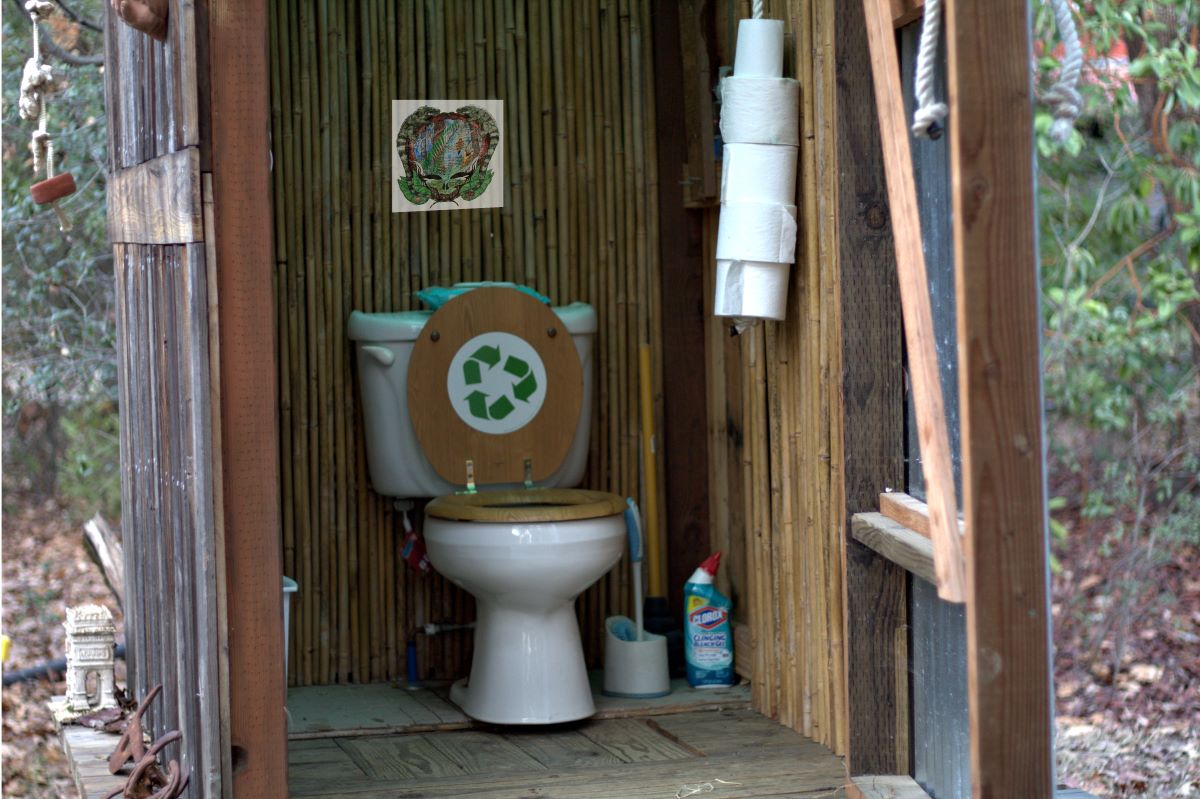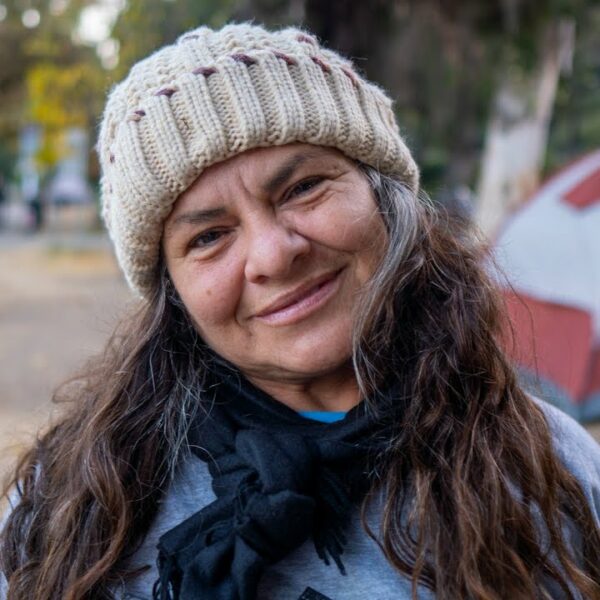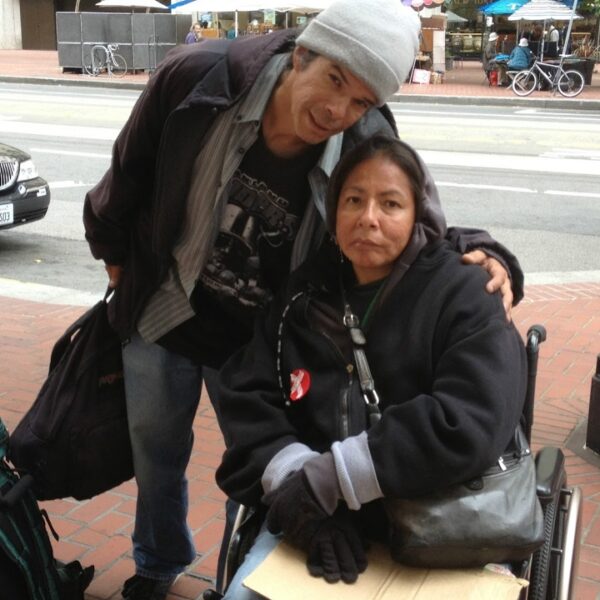It makes me crazy (not that I need much help) that it’s illegal in California to live in a trailer on private land.
I’m wondering why nobody’s talking about trailers as a legitimate and legal alternative to affordable housing, which doesn’t even exist.
Out here in rural California, trailers are everywhere. They’re just there, empty, on people’s property. Thousands and thousands of unoccupied dwelling units.
Well, not all of them. I occupy one. And I’m not the only one. Working poor homeless people are discovering trailers are a viable alternative to waiting for legal affordable housing.
I’m not talking trailer parks with their exorbitant rents. Or segregated trailer villages for “the homeless.”
I’m talking about trailer owners renting their trailers in situ (i.e., in place) on their own private property. The renters would be homeless people who don’t need other homeless support services, just a decent place to live. I’m also talking about working homeless people like me buying used trailers and parking them on private property – with the land owner’s permission, of course.
What I’m proposing is illegal. If the county finds me, my hosts will be fined, I’ll be fined – and I will be forced to move to … where?
If I am found and evicted, I will make it a front-page story and saturate social media with pictures and details of the injustice of being forced back into homelessness.
We have a housing crisis, and trailers can be an immediate mitigation for some people. Like vacant, foreclosed houses, trailers and RVs are unused housing resources that are being ignored.
Maybe we should call such dwellings Invisible Housing for Invisible People.
No shit
“Nobody’s dropping turds on my property,” Duncan told me when I moved onto his dozen acres of wildland. That’s why he built an outhouse with a flushing toilet feeding into his septic system.
Outside of outdated state laws and arbitrary local zoning ordinances, the only rational objection to not letting people live in trailers and RVs during this housing emergency is public health and safety.
Water and electricity are not the issue. The very legitimate objection that always comes up is septic. However, instead of dealing with the issue, bureaucrats and politicians use septic as an excuse to dismiss the option of trailer living.
I’ve proposed trailers and RVs as ADUs – accessory dwelling units – in the local newspaper and made a formal proposal to the county Board of Supervisors. Despite popular public support, my idea has been belittled and ignored by my elected officials.
In my experience, both as a government reporter and social activist, politicians mostly let staff dictate what can and can’t be done. It takes a bold politician to tell staff:
“Don’t tell me something can’t be done. Tell me what we have to do to get it done.”
Compostable toilets, porta-potties, scheduled septic tank pumping, and even cesspools (in certain cases) are potential, if inelegant, solutions to human-waste management.
Personally, I use what Duncan calls a “shit suitcase.” I have a COT (commercial-off-the-shelf) blackwater tank on wheels. I don’t usually use the kindergarten-sized toilet in my rig. Nevertheless, sometimes in the middle of the night or in a horizontal-precipitation event (storm), I don’t feel like getting dressed up to trek up the hill to the outhouse.
I take care of my own shit.
That means every few weeks, I drain my onboard blackwater tank into the portable tank and haul it up the hill to the sewer clean out. It’s a lot more work than changing a baby’s diaper, but a lot less distasteful. I’ve done both.
I’ve got potable water through a garden hose and 110V electricity on a very long extension cord. It might not be legal, but my lifestyle is not a danger to myself or others.
My county has chosen to ignore the fact hundreds, if not thousands, of people are living in trailers and RVs. They only enforce the law when there’s a complaint.
People who dump their blackwater into a local creek must be stopped! You’ll get no argument from me on that.
People like me, however, should be given a conditional use permit. Furthermore, if the county finds trailer dwellers violating health and safety standards, their first response should be to help them come into compliance. Eviction and fines should be the last resort.
It may take government subsidies to provide septic solutions. Still, it’s a whole lot cheaper to help people get their shit together than to provide them with affordable housing.
Evicting people doesn’t solve the problem. It just relocates it.
And for all you socially responsible fiscal conservative elected officials out there, people making money by renting their trailers is contributing to the local economy, right?
And while enabling people, whole families, to find sanctuary in a trailer home – right now – doesn’t solve the homeless problem, it could mitigate the hell out of it.
I’ve sort of already self-mitigated.
Winter is coming. Allowing trailer living is something government could make possible, permissible … right … now.
What the hell are they waiting for?













